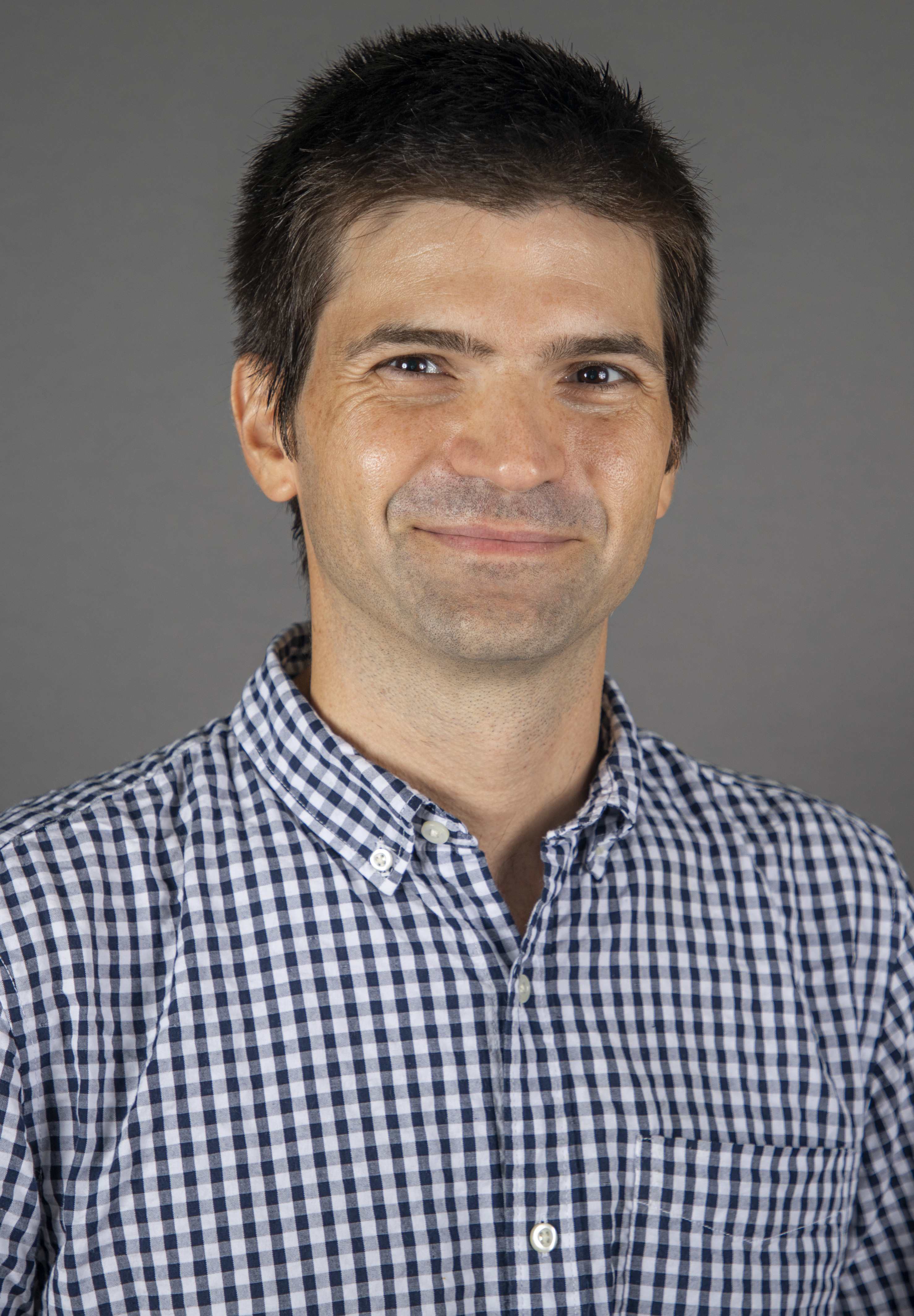
Jose F. Moruno Manchon, PhD
- Assistant Professor
- BRAINS Research Laboratory
Biography
Dr. Moruno received his PhD in Biotechnology from the Polytechnic University of Valencia (Spain). After completing his post-doctoral training in the Department of Neurobiology and Anatomy at the UTHealth McGovern Medical School, he joined the Department of Neurology, where he was appointed as an Assistant Professor in 2021. He has more than 10 years of experience in the field of autophagy, and more than 7 years of expertise in neurodegeneration. More recently, he have expanded his research to study the molecular mechanisms that govern cerebrovascular senescence.
Education
- PhD
- Biotechnology, Polytechnic University of Valencia - Spain
Areas of Interest
Research Interests
- Neurodegeneration
- Cerebrovascular aging
Publications
- Noh B, Blasco-Conesa PB, Lai YJ, Ganesh BP, Urayama A, Moreno-Gonzalez I, Marrelli S, McCullough LD, Moruno-Manchon JF#. G-quadruplexes stabilization upregulates CCN1 and accelerates aging in cultured cerebral endothelial cells. Frontiers in Aging, doi: 10.3389/fragi.2021.797562, 2022
- Patrizz AN*, Moruno-Manchon JF*, O’Keefe LM, Doran SJ, Patel AR, Venna VR, Tsvetkov AS, Li J, and McCullough LD. Sex-specific differences in autophagic responses to experimental ischemic stroke. Cells, 10(7), 1825, doi: 10.3390/cells10071825, 2021
- Moruno-Manchon JF, Lejault P, Wang Y, McCauley B, Honarpisheh P, Morales-Scheihing DA, Singh S, Dang W, Kim N, Urayama A, Monchaud D, McCullough LD and Tsvetkov AS. A small molecule G-quadruplex stabilizer reveals a novel pathway of autophagy regulation in neurons. eLife, 2020;9:e52283 doi: 10.7554/eLife.52283, 2020
- Moruno-Manchon JF, Uzor NE, Blasco Conesa MP, Mannuru S, Putluri N, Furr-Stimming EE and Tsvetkov AS. Inhibiting sphingosine kinase 2 mitigates mutant Huntingtin-induced neurodegeneration in neuron models of Huntington’s disease. Hum Mol Genet, doi: 10.1093/hmg/ddx046, 2017
- Moruno-Manchon JF, Perez‐Jimenez E and Knecht E. Glucose induces autophagy under starvation conditions by a p38 MAPK‐dependent pathway. Biochem J, 449, 497‐506, 2013